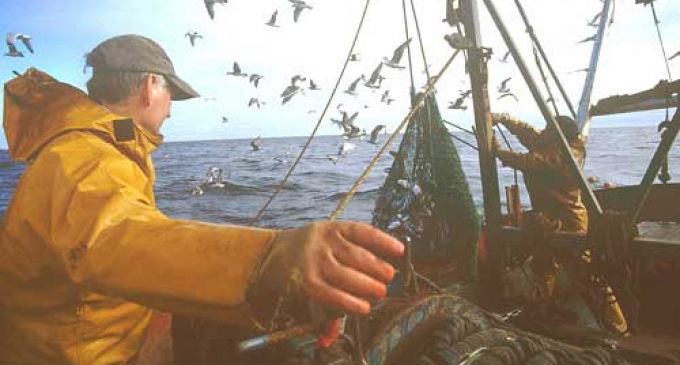New ISO Standard on Traceability of Fish Products to Improve Food Safety

The use of a new ISO standard on the traceability of finfish products is intended to help improve food safety by supplying stakeholders throughout the supply chain with accurate information about the origin and nature of these products. Finfish constitute an important part of the modern food industry. We consume more and more products coming from the four corners of the globe and fish, in particular, may be caught thousands of kilometers from their place of consumption.
During the past decade, several food crises have seriously affected many countries. Following the outbreak, the concept of traceability of food products has become a matter of special interest to policy makers and scientists.
ISO 12875:2011, Traceability of finfish products – Specification on the information to be recorded in captured finfish distribution chains, specifies the information to be recorded in marine-captured finfish supply chains in order to establish traceability.
It specifies how traded fishery products are to be identified, and the information to be generated and held on those products by each of the food businesses that physically trade them through the distribution chains. The standard deals with the distribution for human consumption of marine-captured finfish and their products, from catch through to retailers or caterers.
The ISO definition of traceability concerns the ability to trace the history, application and location of that which is under consideration, and for products this can include the origin of materials and parts, the processing history and the distribution and location of the product after delivery. Traceability includes not only the principal requirement to be able to physically trace products through the distribution chain, from origin to destination, but also to be able to provide information on what they are made of and what has happened to them. These further aspects of traceability are important in relation to food safety, quality and labelling.
Regarding recent food crisis, legislation often requires traceability to facilitate the recall of products or to prevent them from reaching the consumer.
Rolf Duus the secretary of the Working Group that developed the standard, comments: “In the last few years, there has been an increased interest in traceability and the responsibility for the supply of safe, healthy and nutritious food is shared between all actors involved in the production, processing, marketing and consumption of fish and seafood. ISO 12875:2011 provides a generic basis for traceability and will help to guarantee the health protection of consumers and ensure fair practices in food trade of finfish products.”
Potential users of the new standard include: fishing vessels, vessel-landing businesses and auction markets, processors, transporters and storers, traders and wholesalers, and retailers and caterers.
A similar standard for farmed finfish distribution chains has also been developed – ISO 12877:2011, Traceability of finfish products – Specification on the information to be recorded in farmed finfish distribution chains.


































